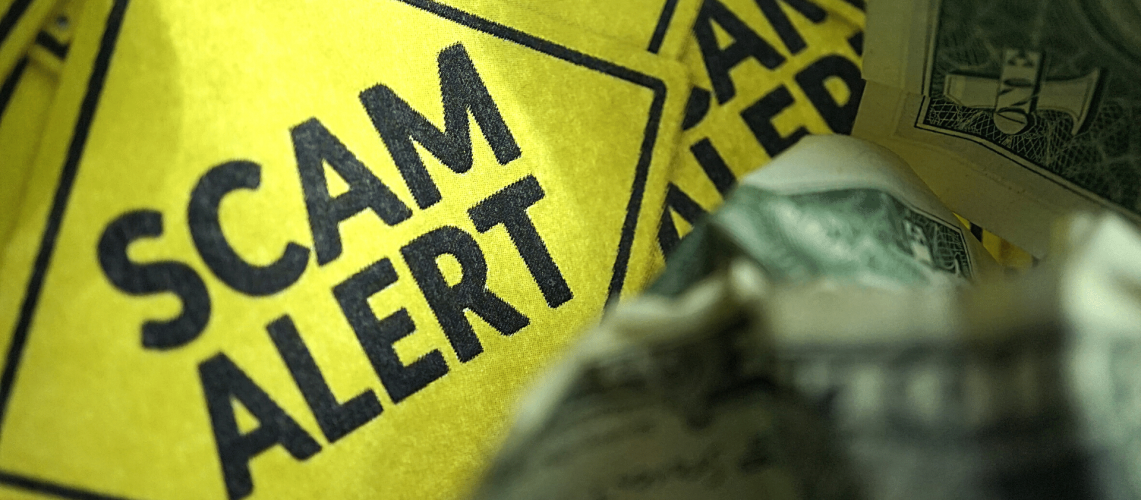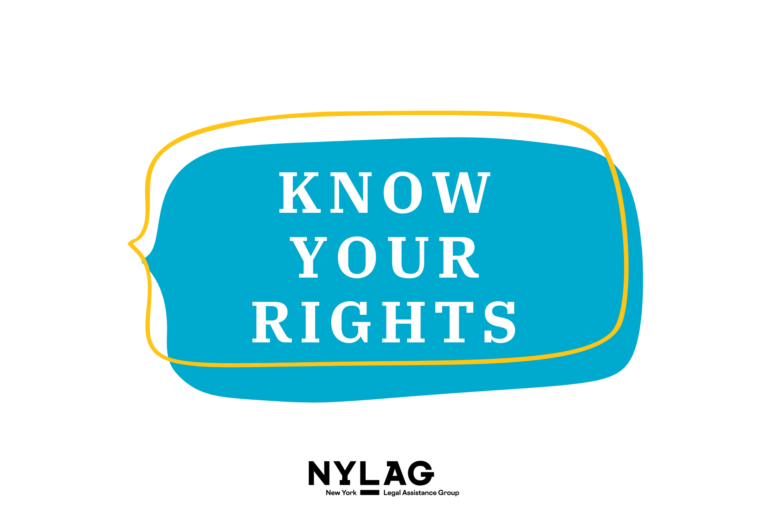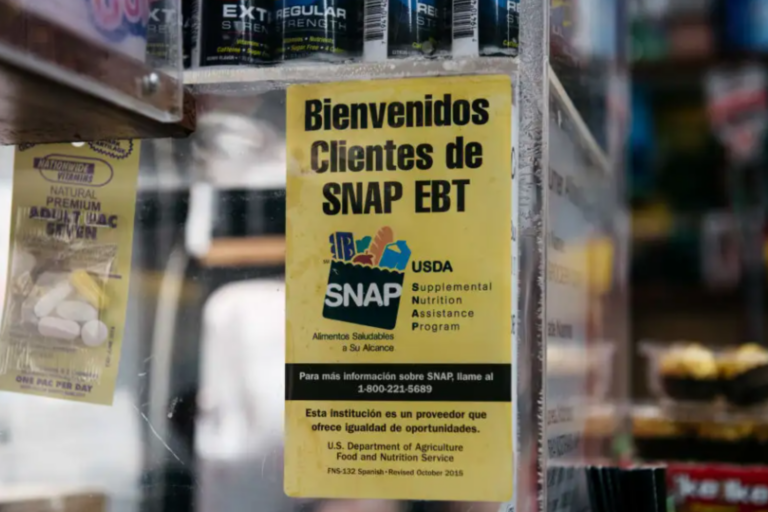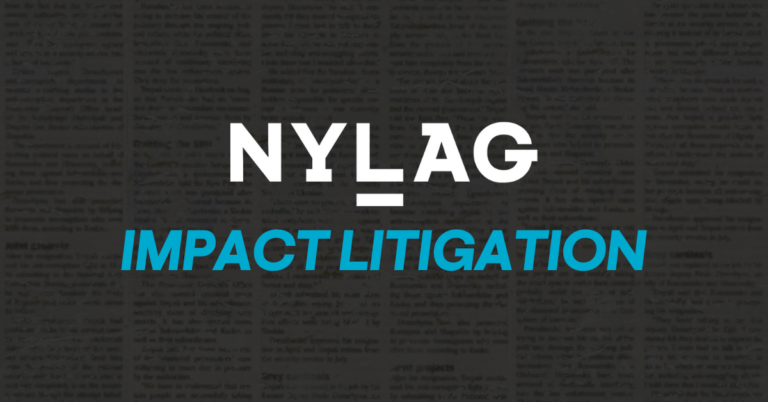Anyone can be a victim of a scam, but people with disabilities and older adults are especially vulnerable. Crises like the COVID-19 pandemic can be exploited by scammers to target potential victims.
In addition to being aware of common scams (Read our resource on the eight most common) it is important to know how to mitigate and report them. While prevention is ideal, documenting and reporting scams are crucial to preventing complications and ongoing attempts in the future. Below are eight options to prevent and report scams.
1. Recognizing Victimization and Reporting
Denial and avoidance of reporting due to shame are tools that scammers rely on to further their crimes. If you fall victim to a scam, you are not alone, and it is not your fault! People of all ages and backgrounds have been victimized at alarming rates and recognizing that you have been the target of a scam is the first step to moving forward with your life, including minimizing the impact, possibly recovering your stolen assets, and helping to bring the perpetrator to justice. Many victims choose to cover-up their experience, because of shame and embarrassment. Older adults are at high risk of depression and withdrawal—further isolating them from the people and resources that can help. So, if you believe that you have been a victim, it is OK and advisable to seek help and tell someone. See point 3.
2. Never Provide Personal Information
Most scams are successful because the victim provides sensitive, personal information to the scammer. Never give your private information over the phone, text, or email without investigating the individual or entity requesting the information. If you are working with a professional like a lawyer or insurance agent, make sure you ask questions (e.g., Why specific information is necessary for the case or service. Note: It is possible to move forward without specific sensitive information.) if they ask for sensitive information always ensure that you have their contact information/credentials. If you suspect fraud, hang up! If something sounds too good to be true, hang up!
3. Report the Scam to a Government Agency

If you have been a victim of a scam or suspect fraud, you can report the crime to several government agencies. Victims can file a police report at their local police precinct to document the crime. Alternatively, if you are not comfortable with engaging with law enforcement, you may ask the government agency for procedural requirements. Visiting the agency’s website will give you an idea of the types of fraud that they investigate. The agencies that you can report to, include:
AGENCY | WEBSITE | PHONE |
Federal Trade Commission (FTC): |
| |
Federal Bureau of Investigations (FBI) Internet Crime Complaint Center (IC3) | ||
NY Office of the Attorney General | ||
Internal Revenue Service (IRS)
| www.irs.gov; https://www.irs.gov/identity-theft-central; https://www.irs.gov/privacy-disclosure/report-phishing | |
NY Department of Taxation & Finance | ||
US Postal Inspection Service | ||
Centers for Medicare/ Medicaid Services | ||
NY District Attorney’s Office |
|
4. Credit Freezes and Fraud Alerts
If you are the victim of identity theft through a scam, one of the best things to do is to place a fraud alert on your credit report. The FTC recommends contacting each of the nationwide credit bureaus to effectuate the credit freeze: Equifax (800) 685-1111, Experian (888) 397-3742, and TransUnion (888) 909-8872. A credit freeze blocks access to your credit report making it difficult for criminals to open new accounts in your name for the period of your choosing. Another tool that you can use is called a fraud alert. Companies will be informed to take extra measures to verify your identity before they issue a credit, making it difficult for scammers to open new accounts, or make changes to existing accounts.
Here are recommended steps to take if you do fall victim to identity theft:
- Place a credit freeze and/or a fraud alert on your credit report.
- Report to your bank or credit card company and close the compromised account.
- File a police report.
- Report the incident to the FTC.
- Keep records!
5. Collection and Judgement Proof Letters
You are collection proof (also commonly referred to as “judgment proof”) if you do not have any income or assets that most creditors can take from you. This includes government benefits, some retirement accounts, and certain earned income. If this applies to you, creditors will not be able to collect on a court judgment. Providing information on collection proof status may help avoid harassing creditors and other forms of collection actions like liens, levies, and garnishment. All you need to do is draft a letter declaring that you are collection proof—that you have no income/assets or your income/assets are exempt—and send it to your creditors. See the draft letter here.
Debt collection can also be a scam and it is important to request Proof of Debt within 30 days for any unrecognized debt. A sample debt substantiation request can be found here. You can find more information about protected income and assets here.
6. Bank and Credit Card Alerts
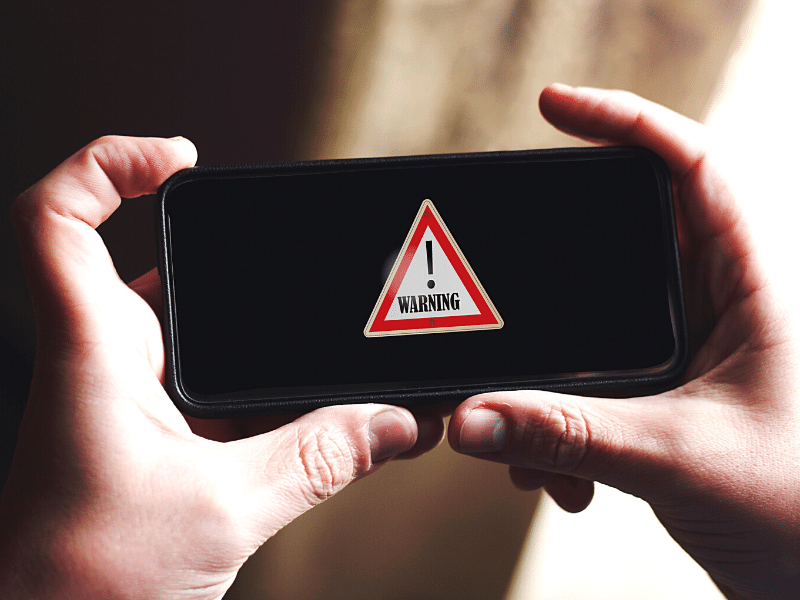
Receiving alerts from your bank or credit card can quickly flag suspicious activity on your accounts. These alerts are easy to set-up either online or by visiting your financial institution. Generally, you can set alerts that will let you know by email, text message, and/or phone when a specified amount has been spent, so that you are aware of purchases on your credit card and debit card. If there has been an unauthorized purchase on your account, then an alert will allow you to see the illegal activity and report the fraud ASAP.
7. National Do Not Call List
A useful tool to keep harassing telemarketers (who may be scammers in disguise) at bay is to register for the National Do Not Call Registry.
8. Advance Planning
Advance planning documents like a power of attorney (POA) can help older adults manage their finances and assist them with detecting fraud. An agent acting under POA can observe the finances of the principal and detect fraudulent activity like scams and identity theft. The agent can speak directly with financial institutions to freeze accounts when fraud is suspected and report the crime to government agencies. It is critical to select an agent that you fully trust without reservation because POAs can also be used to commit financial exploitation and fraud. Make sure to speak with an attorney, like one at NYLAG if you are in New York City when drafting a POA.
There are many resources for scam prevention and addressing financial exploitation. The following organizations offer elder abuse resources and assistance.
ORGANIZATION | RESOURCES | WEBSITE |
Consumer Financial Protection Bureau | Scam Information & Prevention | |
Federal Trade Commission (FTC) | Scam Avoidance & Reporting; Do Not Call List | |
NYC Financial Empowerment Centers | Financial, Credit, & ID Theft Assistance | www1.nyc.gov/site/dca/consumers/get-free-financial-counseling.page |
Jewish Association for Services for the Aged (JASA) | Agency Serving Older New Yorkers | |
New Economy Project
| Collection/Judgement Proof Letter Samples | www.neweconomynyc.org/what-is-exempt-from-debt-collection-2/ |
National Center on Elder Abuse (NCEA) | Information, Research, & Training on Elder Abuse | |
USA Government | Federal Government Response to Coronavirus | |
NY State Government | NY Government Response to Coronavirus | |
Equifax | Credit Company | |
TransUnion | Credit Company | |
Experian | Credit Company | |
National Elder Fraud hotline | Elder Fraud Assistance | |
The Administration for Community Living (ACL)’s Senior Medicare Patrol (SMP) Program | Empowers and Assists Medicare Beneficiaries to Prevent, Detect, and Report Healthcare Fraud, Errors, and Abuse. |
To learn about the eight common online financial scams, click here. For assistance on case-specific issues, visit nylag.org/gethelp.
This material is intended for general information purposes only and does not constitute legal advice. For legal issues that arise, the reader should consult legal counsel.

